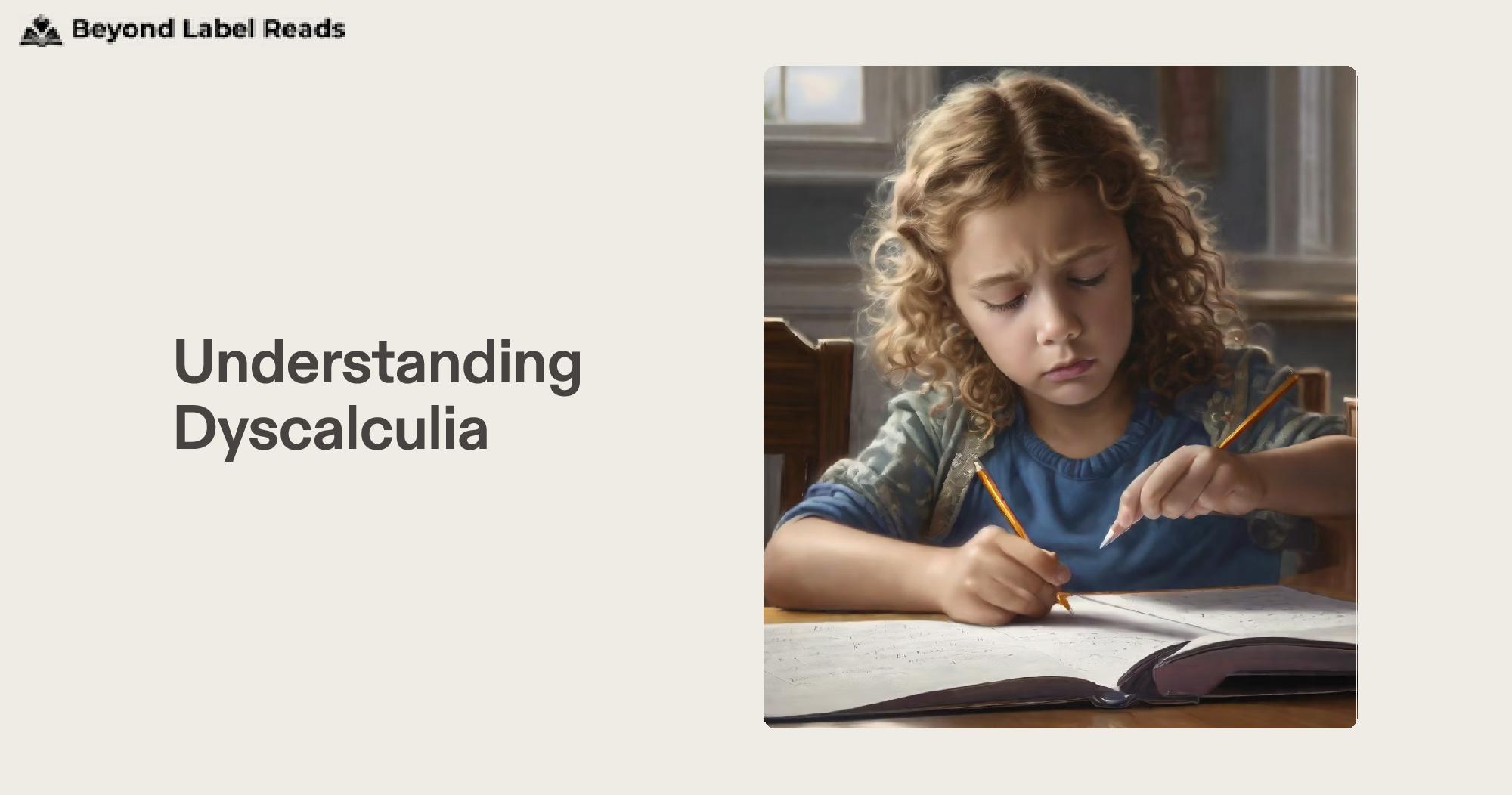
Understanding Dyscalculia
£2.00£0.50
Dyscalculia is a learning disorder that affects a person's ability to understand and work with numbers. It is sometimes referred to as "math dyslexia." Individuals with dyscalculia may have difficulty with basic arithmetic operations, such as addition, subtraction, multiplication, and division, as well as more advanced mathematical concepts like algebra and geometry. Dyscalculia is not related to intelligence and is not the result of poor instruction or lack of effort. It is a neurological disorder that affects the way the brain processes numerical information. Dyscalculia can occur in individuals of all ages and backgrounds, and it is estimated to affect between 3-6% of the population.
